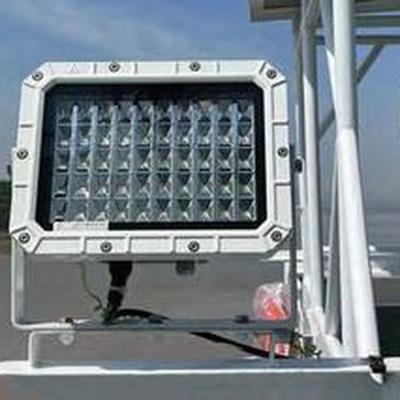Categories
Tags
-
#LED Submarine Navigation Lights
#Stealth Major Light
#LED Marine Cabin Lights
#LED Marine Navigation Signal Lights,Marine Spotlights,Marine Searchlight,
#Explosion-proof fire Emergency Lights
#LED Marine Navigation Signal Lights
#Explosion-proof Fluorescent Pendant Lights
#Marine Reading Lights
#Marine Navigation Lights
#LED Light
#LED Marine Lights
#Marine LED Lights
#Marine Searchlight Bulb
#Marine Searchlights
#Explosion Proof Lighting
#LED explosion proof lighting
#Marine Waterproof Switch and Sockets
#Boat Cabin Lighting
#Marine Spotlights
#Marine Floodlights
#marine cabin lighting
#LED Soft Light Strips
#Marine Navigational Lights
#f Marine Searchlights
#Morse Code Signal Light
#Ship Stern Lights
#Ship Cabin Lighting Fixtures
#LED Marine searchlights
#Explosion Proof Lights
#marine Explosion Proof Lights
#Explosion-proof lights
#Navigation Lights
#Marine Lighting
#CCS Certification
#LED Explosion Proof Flood Lights
#Installing Marine Searchlights
#Marine Explosion-Proof Light
#marine searchlight
#LED marine searchlight
#High-Power Marine Searchlights
#Yushuo
#Marine Light
Archives
Marine Lighting
-
Posted by lighting yushuo - Filed in Technology - #LED Marine Navigation Signal Lights,Marine Spotlights,Marine Searchlight, - 418 views
Visibility in Severe Weather and the Demand for Marine Lighting
Severe weather poses a significant threat to the safety of maritime navigation, with drastically reduced visibility being a primary cause of accidents. In conditions such as dense fog, heavy rain, and snowstorms, the ability of vessels to observe each other and perceive their surroundings is significantly impaired. This highlights the crucial role of marine lighting systems in ensuring navigational safety. Marine lighting systems must meet specific requirements under severe weather conditions to ensure that vessels remain detectable by other vessels and can navigate and operate safely even with low visibility.
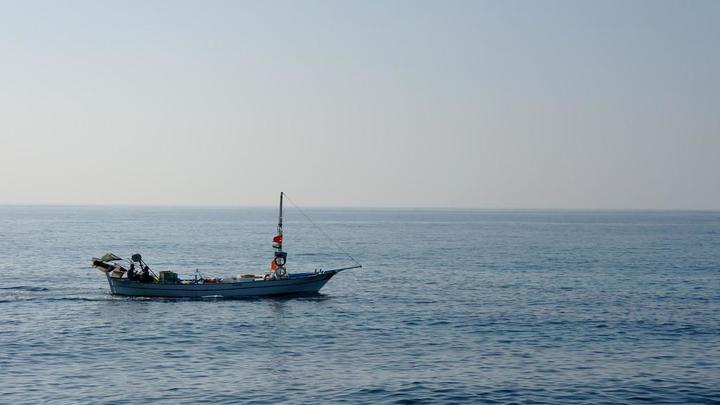
Impact of Severe Weather on Visibility
Various types of severe weather significantly reduce visibility, posing considerable challenges to safe vessel navigation:- Dense Fog: Fog severely scatters light, resulting in extremely low visibility, or even complete loss of visual contact.
- Heavy Rain: Rain obscures vision and reduces the penetration of light. Rain can also form a film on vessel lights, reducing their effectiveness.
- Snowstorms: Snow reduces visibility and can cause accumulation that impacts the normal operation of vessels, such as creating slippery decks.
- Intense Sunlight/Glare: Strong sunlight or reflections from the sea surface can also impair vision, particularly at sea, where reflected light can interfere with observation.
These low-visibility conditions significantly increase the risk of collisions and groundings.
Requirements for Marine Lighting Systems in Severe Weather
To address low-visibility conditions, marine lighting systems must meet the following critical requirements:- High Luminous Intensity: Higher luminous intensity ensures sufficient penetration to guarantee that vessels are detected promptly by other vessels in severe weather, thereby preventing collisions.
- Long Range: In low-visibility conditions, a longer range enhances the detection distance of vessels, providing a wider field of vision and more reaction time.
- Effective Beam Control: Effective beam control prevents excessive scattering of light by fog or rain, enabling light to be focused on the target area and improving illumination efficiency. For example, a spotlight with a narrow beam is more effective in dense fog than a floodlight.
- Reliability and Durability: Marine lighting systems must exhibit exceptional reliability and durability to withstand harsh maritime environments and extreme weather conditions. This includes resistance to corrosion, impact, vibration, high temperatures, and low temperatures.
- Compliance with International Regulations: Marine lighting systems must strictly adhere to the International Regulations for Preventing Collisions at Sea (COLREGs) to ensure navigational safety and avoid accidents due to non-compliant lighting signals.
Marine Lighting Solutions from Yushuo Lighting
Yushuo Lighting offers a range of marine lighting products designed to meet the needs of various vessels and navigational conditions, particularly in severe weather. Here are some key product types and their applications in adverse weather:
LED Navigation Lights: Yushuo LED navigation lights, including double-deck navigation lights, single-deck navigation lights, and flashing lights, utilize high-brightness LED sources, offering high luminous intensity, long lifespan, and low power consumption. Their high brightness and reliability ensure good visibility even in severe weather, complying with COLREGs. Flashing lights are particularly effective in extremely low visibility, as their periodic flashes are easier for other vessels to detect.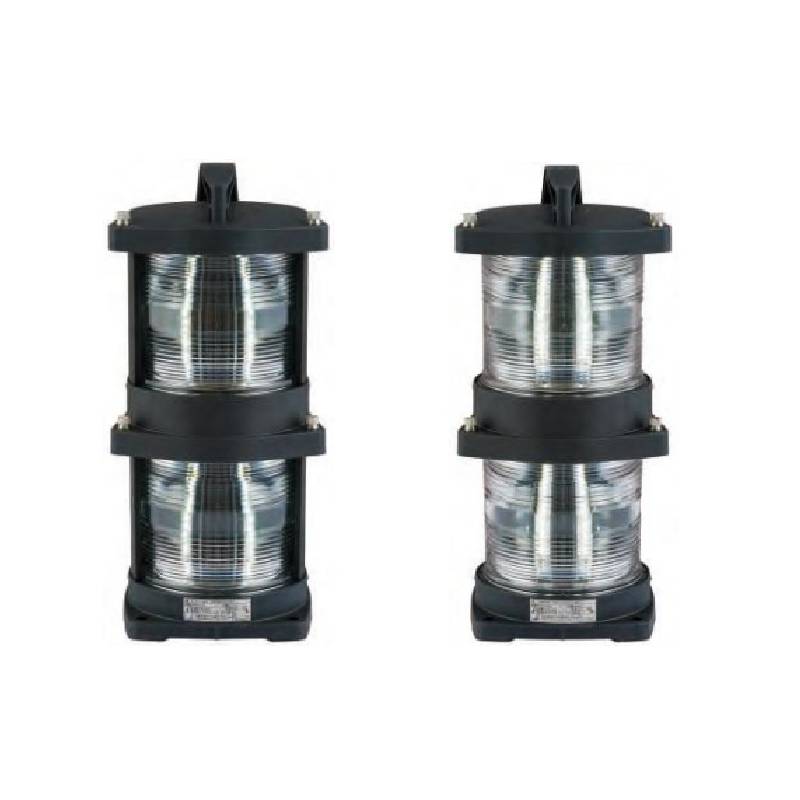
Marine Spotlights and Searchlights: In heavy rain or fog, marine spotlights can provide localized illumination to assist crew members in limited visibility. Marine searchlights can be used for long-range search and rescue, improving safety in low-visibility conditions. These products typically employ high-intensity light sources and durable materials to withstand harsh weather and marine environments.
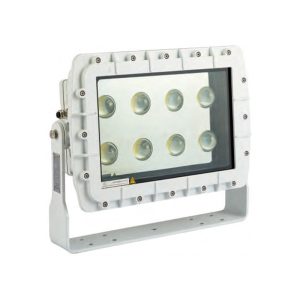
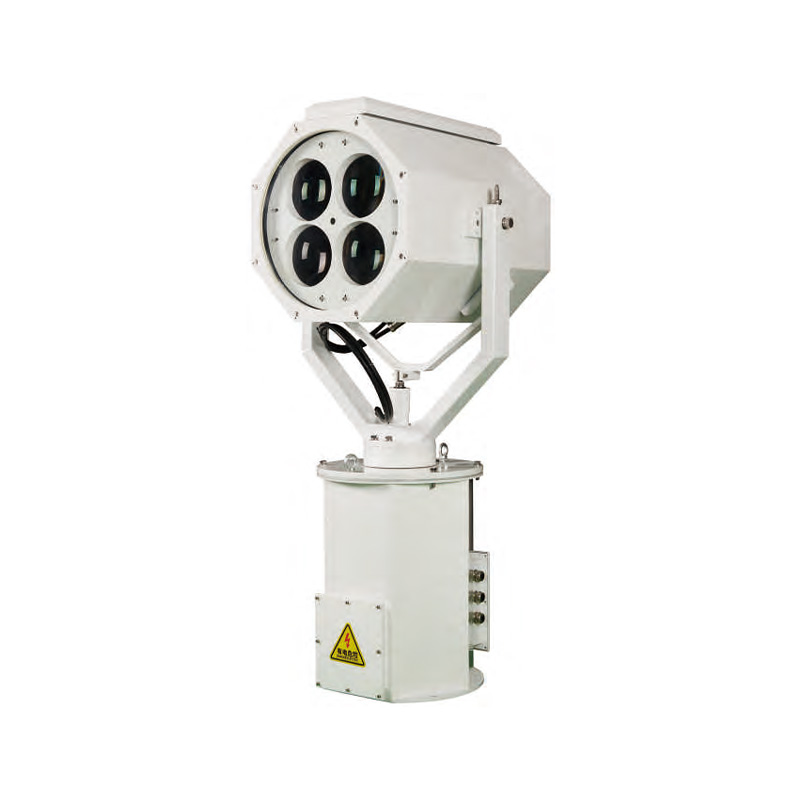
Other Marine Lighting: Yushuo other marine lighting products, such as explosion-proof lighting and cabin lighting, also require design and material considerations to account for severe weather impacts, ensuring reliable operation in various environments.
Visibility in severe weather is paramount to the demand for effective marine lighting. Selecting the appropriate marine lighting system is crucial not only for the navigational safety of vessels but also for the lives of the crew. When choosing a marine lighting system, the impact of severe weather conditions must be fully considered, opting for equipment with high luminous intensity, long range, effective beam control, high reliability and durability, and compliance with international regulations. Yushuo Lighting's diverse range of marine lighting products provides reliable assurance for the navigational safety of vessels in severe weather.
